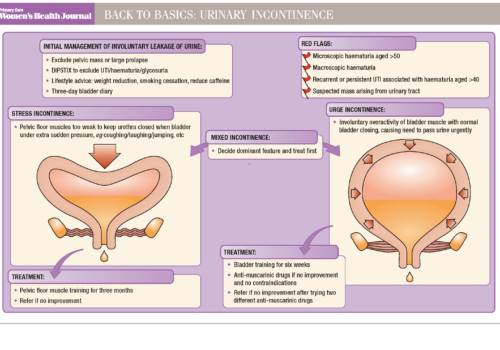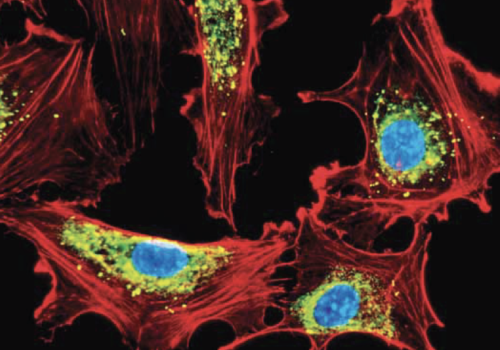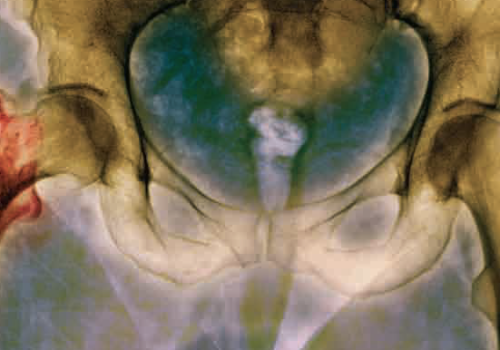Most vulval lumps and bumps are relatively harmless. But they can cause anxiety, discomfort and pain, and sexually transmitted lesions cause additional distress due to perceived stigma. This article sheds light on some common vulval conditions to help you to diagnose and treat the lesions, provide reassurance or refer as appropriate.
Back to Basics: Urinary incontinence
Test for HIV in primary care
If current pilot schemes are successful, routine testing for human immunodeficiency virus (HIV) is likely to be extended to general practice surgeries across the country. The authors discuss the rationale for this plan, and advise on the practicalities of testing in primary care.
Heavy menstrual bleeding? Or could it be a bleeding disorder?
Most women with heavy menstrual bleeding (HMB) can be managed according to NICE guidance. But GPs and practice nurses need to be aware that up to one in five women with menorrhagia, especially young women, could also have a bleeding disorder. It is important to identify these patients since, if left untreated, bleeding disorders reduce quality of life and may result in significant, long-term complications.
Identifying sexual exploitation and grooming in young people
In the UK it is thought that at least 3,000 children are being sexually exploited. All professionals, including GPs and practice nurses, in regular contact with children and young people are in a good position to notice possible signs of sexual exploitation, and help to mitigate its serious long-term consequences for young people and their families.
The window of opportunity in rheumatoid arthritis
Over twice as many women as men develop rheumatoid arthritis (RA), an inflammatory disease that causes disability and shortens life. Early RA can be difficult to diagnose but, by following a diagnostic pathway, GPs and practice nurses can ensure that patients receive timely referral and prompt treatment with disease-modifying drugs.
Now is the time to enter the Forum’s Best Practice Award
In the last issue we announced the Primary Care Women’s Health Forum’s ‘Promoting Best Practice for Women in Primary Care Award’. I’m delighted to launch the Award, and give you the details on how to enter your projects and initiatives.
All about fibroids
Supporting women with premature menopause
Premature menopause (PM) is an emotionally challenging condition on diagnosis and throughout the remaining phases of a woman’s life. But GPs and practice nurses can do much to reduce distress by ensuring prompt diagnosis and referral for psychological support as well as medical treatment.
Editorial
This is always a very busy time and practices look set to be under even more pressure this year. But, while pandemic flu is back on the agenda, women are continuing to consult us about their other health problems and concerns. So, we’ve done our best to give you the practical information that will help you to manage the health of your female patients.
Personalising the pill: the right choice for each woman
The combined oral contraceptive Pill (COCP) has been in regular use since the 1960s and is now the most popular method of hormonal contraception for women in the UK. There is a COCP to suit most women but long-term adherence depends on each woman being aware of her options and having the ability to make an informed choice of Pill.
Breaking new ground in osteoporosis
Although current treatments for osteoporosis are effective, long-term adherence is often disappointing. But the management of osteoporosis is changing. New bisphosphonate formulations already offer more convenient dosing. And it is important to know about other new and emerging approaches that look set to offer a wider choice of therapy for women with post-menopausal osteoporosis.























